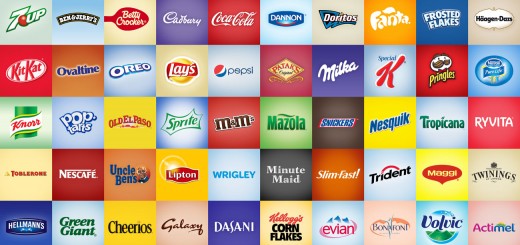Mind the consumer-brand gap
About 41 per cent of global consumers believe that they consciously share personal information with brands while 56 per cent believe that brands collect personal information from them without their explicit consent, new global research from Microsoft highlighted. This 15 per cent gap in understanding of the brand-consumer data exchange can potentially put brands at risk of losing the trust of consumers over the use of their personal data, according to the research.
The study which covered 16,500 respondents across 13 global markets highlighted that consumers are more willing to share personal information such as their date of birth and address (56 per cent) as well as basic demographics such as age, gender and marital status (53 per cent) compared to biometrics such as facial recognition and fingerprints (11 per cent).
In exchange for their personal data, consumers expect cash rewards (64 per cent) or ‘significant discounts’ (49 per cent). In addition, more than one quarter (26 per cent) of consumers are willing to exchange their data for services that help them discover new ideas, content and products, or for more streamlined processes (29 per cent).
The report highlighted that on the cost that consumers are prepared to incur to get added value from brands, a third (34 per cent) of consumers prefer to see more ads in return, while around the same amount (30 per cent) say companies should offer services for free when personal data is being collected. In addition, a quarter (27 per cent) would opt to share more information rather than pay for services.
Commenting on the findings of the report, Natasha Hritzuk, Senior Director of Global Consumer Insights, Microsoft said, “There is certainly a shift in consumer perception and attitudes. Our intuitive and emotive relationships with technology have created a world where sharing data leads to benefits for the user. Privacy is now less of a focus, instead, consumers are aware of the value of their data and are open to sharing this data with brands provided that there is a fair exchange of rewards in return.”
“Brands need to open about what information is being collected and how it is being used. This transparency, when combined with clear benefits, will help to alleviate consumer anxiety about the sharing of personal data. Though consumers today are much more demanding when it comes to the benefits they derive from brands in exchange for the use of their personal data, there are also huge opportunities for brands to engage with consumers at a deeper level when consumers’ trust in brands is not compromised,” Ms Hritzuk continued.
The research suggests that brands should be transparent with the consumers when it comes to their data. Consumers are more likely to see value in sharing data when there are obvious mutual benefits. Inconsistency in data policies and visibility of data usage can make the exchange seem one-sided. In the absence of transparency of information or clear value, the company appears to receive more benefit from collecting the data than what the consumer receives by sharing it.
The study highlights that brands should respect the nuances between different consumer groups. Different types of consumers will have different levels of comfort with the type of data they will share, and what they expect for it in return. For example, nervous data sharers tend to be more open to sharing more information if brands remove unnecessary steps and make their online activities simpler. On the other hand, savvy data sharers are much more open to sharing personal information in exchange for a range of rewards.
According to the research, brands can prioritise leveraging the behavioural data that consumers are willing to exchange for improved targeting and campaign engagement. For example, brands can provide content that is based on the target consumers’ interests, or a service that helps to simplify their lives.



